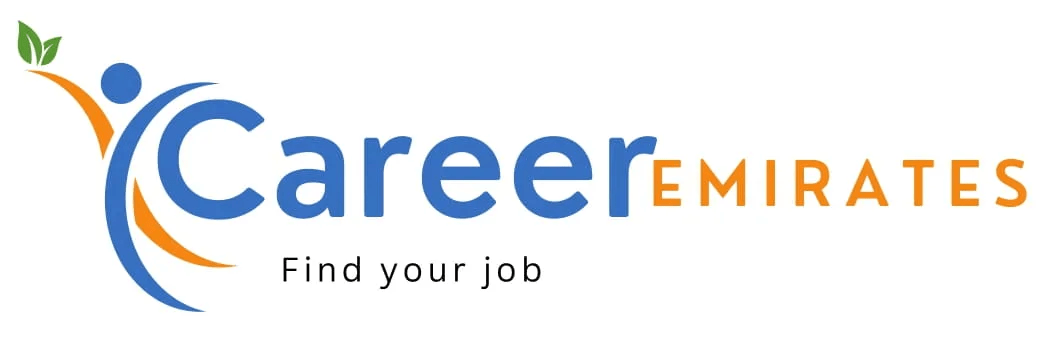robert8616186
About Company
The Role of Technology in Shaping the Future of Nursing
Technology has become an integral part of modern healthcare, transforming every aspect of the industry from patient care to administrative processes. For nursing, technology represents both a challenge and an opportunity, influencing how care is delivered, how patient data is managed, and how nurses interact with patients and other healthcare professionals. The integration of technology into nursing practice has the potential to enhance patient outcomes, streamline workflows, and expand the capabilities of nurses.
One of the most significant technological online class assignment advancements in nursing is the electronic health record (EHR) system. EHRs have revolutionized the way patient information is documented and accessed. Before the widespread adoption of EHRs, patient records were often paper-based, making it difficult to share information quickly and efficiently. EHRs have improved the accuracy and availability of patient data, allowing nurses to access real-time information, track patient progress, and coordinate care more effectively.
The implementation of EHRs has also facilitated better communication between healthcare providers. With a centralized digital record, nurses, doctors, and other members of the healthcare team can easily review patient histories, test results, and treatment plans. This collaborative approach helps to reduce errors, avoid redundant tests, and ensure that all members of the team are informed about the patient’s condition and treatment.
Telemedicine is another technological innovation that has significantly impacted nursing practice. Telemedicine mba fpx 5010 assessments 4 allows nurses to provide care remotely through video calls, phone consultations, and other digital means. This approach is particularly beneficial for patients in rural or underserved areas who may have limited access to healthcare facilities. Telemedicine can also help manage chronic conditions by enabling regular check-ins and monitoring without the need for in-person visits.
The use of telemedicine has grown rapidly, driven by advances in technology and the need for more accessible healthcare options. During the COVID-19 pandemic, telemedicine became a crucial tool for delivering care while minimizing the risk of virus transmission. The pandemic highlighted the potential of telemedicine to improve access to care and has led to greater acceptance and integration of this technology into routine nursing practice.
In addition to EHRs and telemedicine, nursing practice has been enhanced by the development of various medical devices and health technologies. Wearable devices, such as smartwatches and fitness trackers, can monitor vital signs, physical activity, and other health metrics. These devices provide valuable data that nurses can use to assess patients’ health status and adjust care pm fpx 5332 assessment 3 plans accordingly. The ability to collect and analyze data in real-time helps nurses make informed decisions and provide personalized care.
Robotic technology and automation have also made their way into nursing practice. Robotics are used in various healthcare settings to assist with tasks such as medication administration, patient mobility, and surgical procedures. For example, robotic systems can help nurses with lifting and transferring patients, reducing the physical strain on healthcare workers and improving patient safety. Automation in medication dispensing and other routine tasks can help reduce errors and free up time for nurses to focus on direct patient care.
Despite the many benefits of technology in nursing, there are also challenges to consider. The implementation of new technologies requires substantial investment in training and infrastructure. Nurses must be proficient in using EHR systems, telemedicine platforms, and other technological tools to ensure effective and efficient care. Additionally, there are concerns about data security and privacy, as the increasing use of digital records and communications raises the risk of unauthorized access and breaches.
As technology continues to advance, the role of nurses psyc fpx 4100 assessment 1 will likely evolve further. The integration of artificial intelligence (AI) and machine learning into healthcare has the potential to transform nursing practice by providing advanced diagnostic tools, predictive analytics, and decision support systems. AI algorithms can analyze large volumes of data to identify patterns and trends, helping nurses make more accurate diagnoses and develop targeted treatment plans.
In conclusion, technology has a profound impact on nursing practice, offering numerous opportunities to enhance patient care and improve healthcare delivery. From EHRs and telemedicine to wearable devices and robotics, technological advancements are reshaping the role of nurses and expanding their capabilities. While there are challenges associated with the adoption and integration of new technologies, the potential benefits are significant. As technology continues to evolve, nursing will adapt, leveraging these advancements to provide high-quality, patient-centered care.


